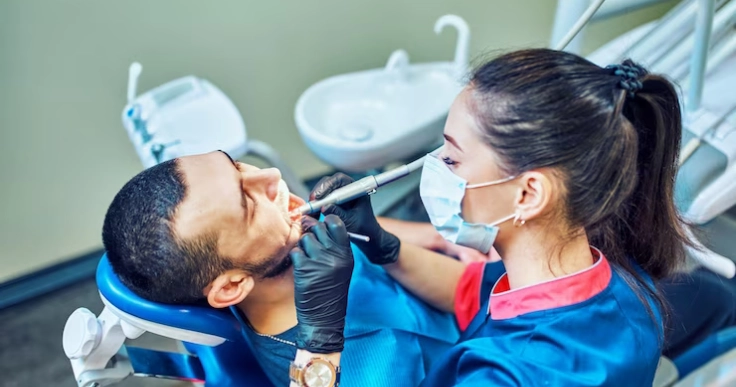While guided surgery is generally considered safe, there are potential risks, like infection,
bleeding, or complications during the procedure. Individual health, bone density, and
adherence to post-operative care can influence these risks. Dentists assess each patient's
suitability and take precautions to minimize potential complications. It's important to discuss
any concerns with the dentist and follow post-operative instructions to reduce the likelihood
of risks associated with guided surgery.



